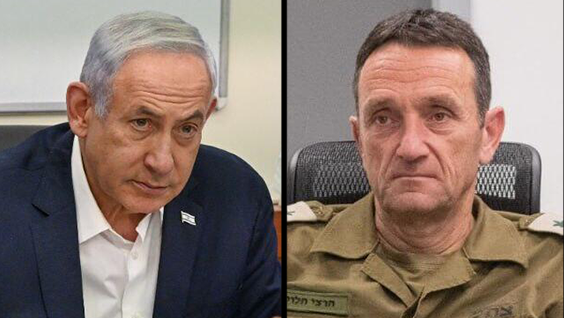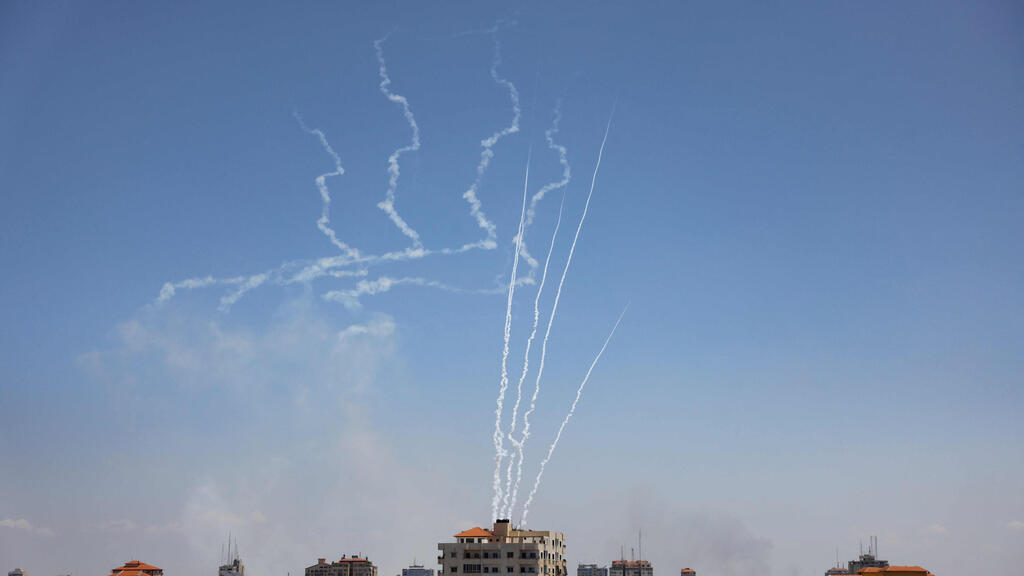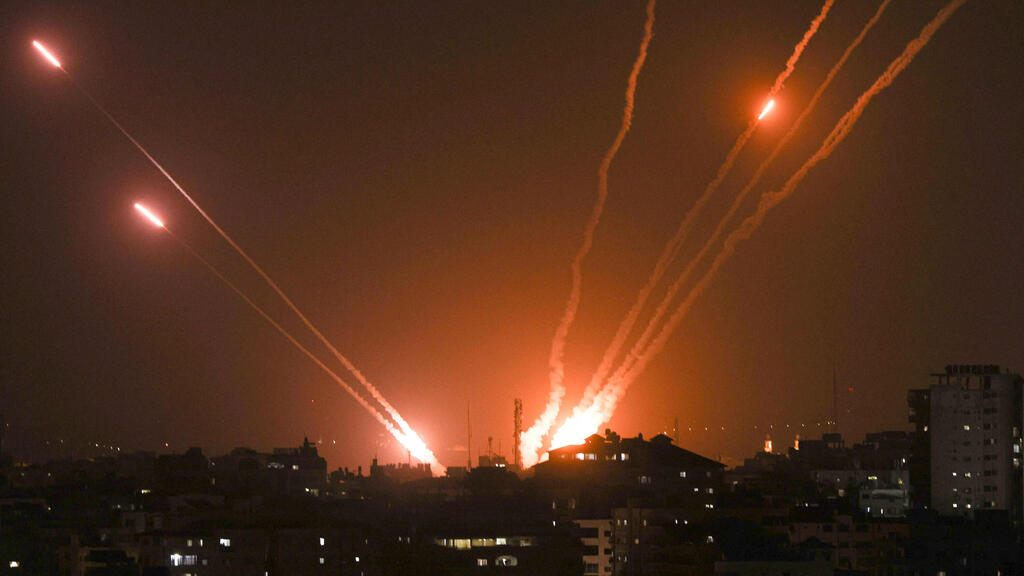Getting your Trinity Audio player ready...
The ceasefire agreement between Israel and the Islamic Jihad went into effect Saturday night and if preserved, Operation Shield and Arrow could be described as one of the most successful operations of the IDF and the Shin Bet in Gaza.
Read More:
The Islamic Jihad took perhaps the hardest it had ever experienced when fighting against Israel. It lost most of its leadership in targeted killings when the fighting began last week, losing even more as the it continued.
It also failed to cause significant damage to Israel and at least four Palestinians were killed in Gaza when the PIJ rockets landed inside the Strip and another Palestinian, working in Israel, was killed by rocket fire while his brother was critically injured.
In Israel, the most severe damage was caused by a direct hit to a building in Rehovot, killing Inga Avramyan as a result of a technical default in the Iron Dome missile defense system, which is now being probed by the military.
According to the IDF the system exhibited a success rate of about 95% during the 5-day military operation. a spokesperson said in addition, that other than the opening strike that killed three PIJ commanders at the same time - causing the death of civilians - there were no other reports of non-combatants being killed in Israeli strikes.
The conclusion of Operation Shield and Arrow could also be considered an Israeli achievement after military officials considered their objectives met. The political leadership agreed that there was no reason to prolong the fight, and made the best use of the Egyptian mediation and the agreement of the Gaza- ruling Hamas group to bring the PIJ to agree.
Iran pressured the Islamic Jihad to continue to launch rockets and not accept a truce. The Islamic Jihad finished the operation weakened, in turn causing their patron in Tehran to suffer a blow – which Israel considers to be beneficial.
The operation’s starting point began with the death of Khader Adnan, an Islamic Jihad prisoner who died in an Israeli prison as a result of his 86-day hunger strike, leading the terrorist organization to fire dozens of rockets toward Sderot.
This event sparked a debate over who pushed for the operation - the political echelon, led by Prime Minister Benjamin Netanyahu and Defense Minister Yoav Galant, or IDF Chief of Staff Hertzi Halevi and Shin Bet head, Ronen Bar.
The importance of that debate lies in the cracks that appeared between the security officials and Netanyahu's office when a "senior official," told the local media that Hamas was weakened in the last round of violence, as evident by its failure to force the PIJ to stop its fire. The statement enraged security officials who claimed it was a serious mistake.
3 View gallery


Prime Minister Benjamin Netanyahu, IDF Chief of Staff Herzi Halevi
(Photo: Kobe Gideon, GPO, IDF Spokesperson's Unit)
Officials In the Prime Minister's Office, on the other hand, were displeased by reports in the media attributed to defense sources, that the decision to launch the operation was made by the politicians after the barrage of rockets to Sderot earlier in the month. They claimed that the military and security agencies were looking for opportunities to operate against the Islamic Jihad, and were delayed by operational constraints.
While the truth seems to be somewhere in the middle, were it not for this friction, both sides of the argument would’ve celebrated the operation’s success together.



